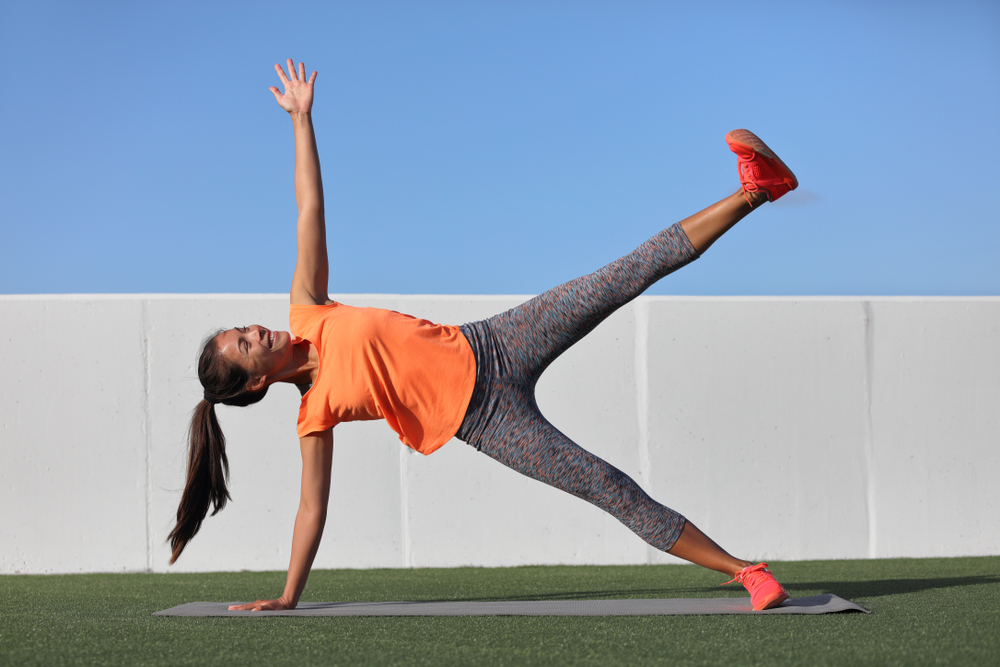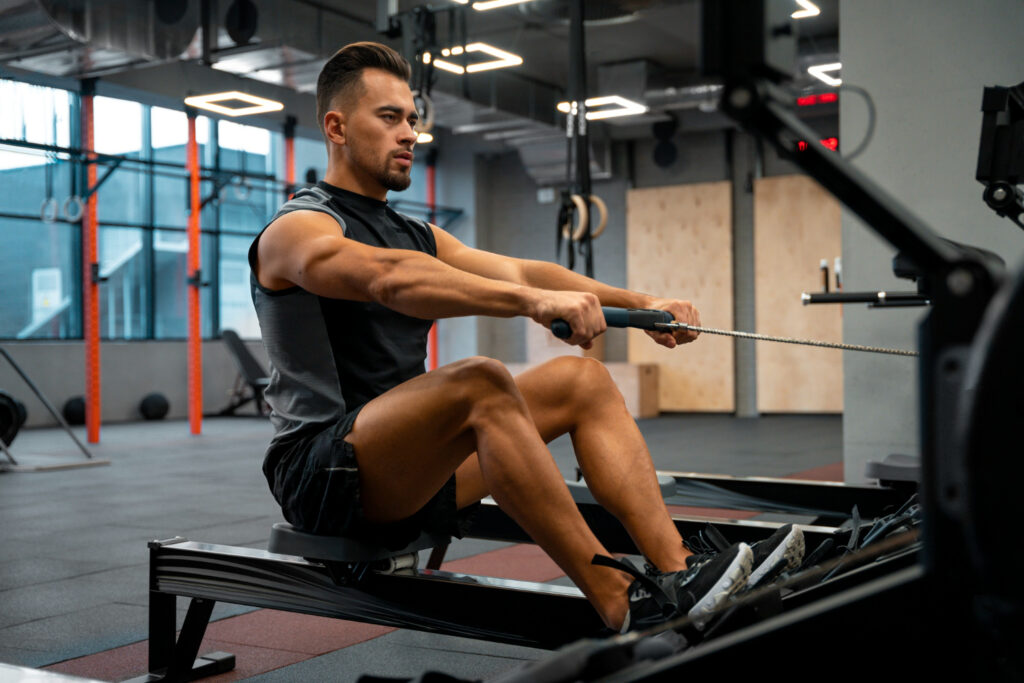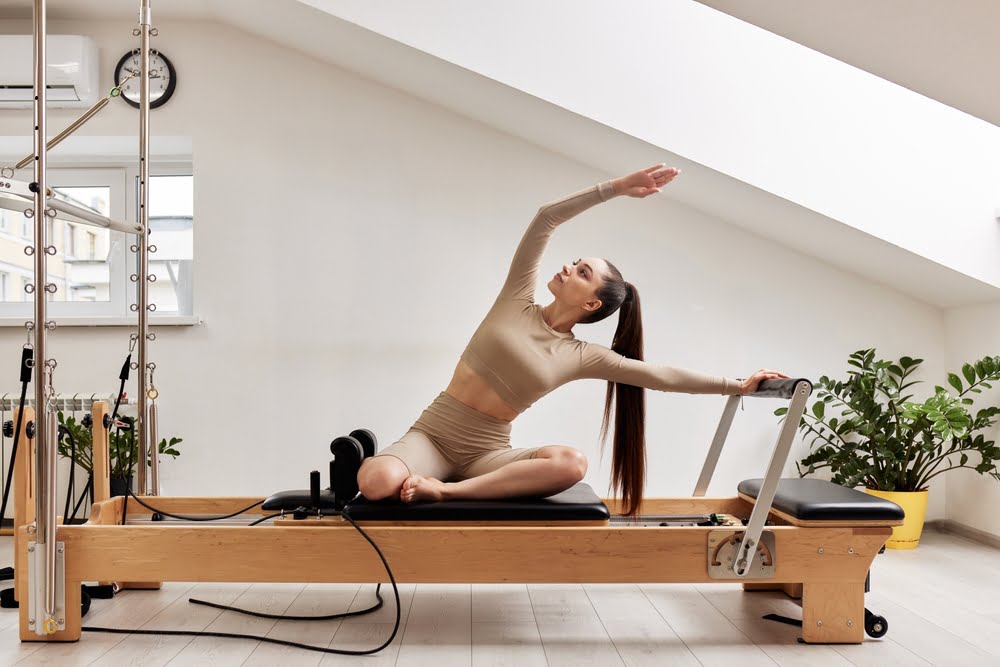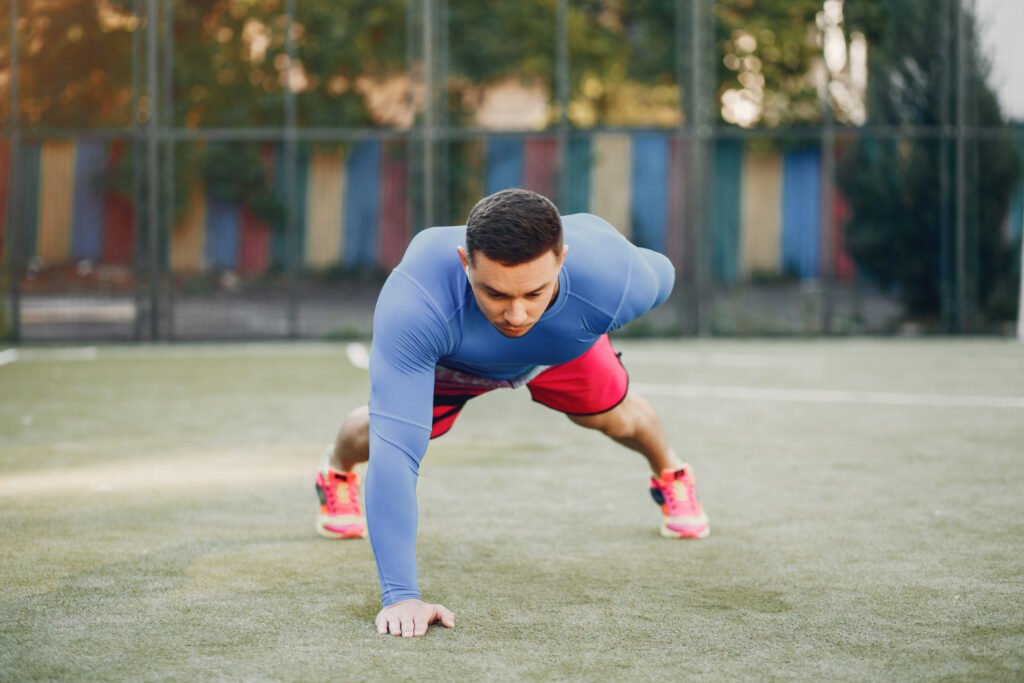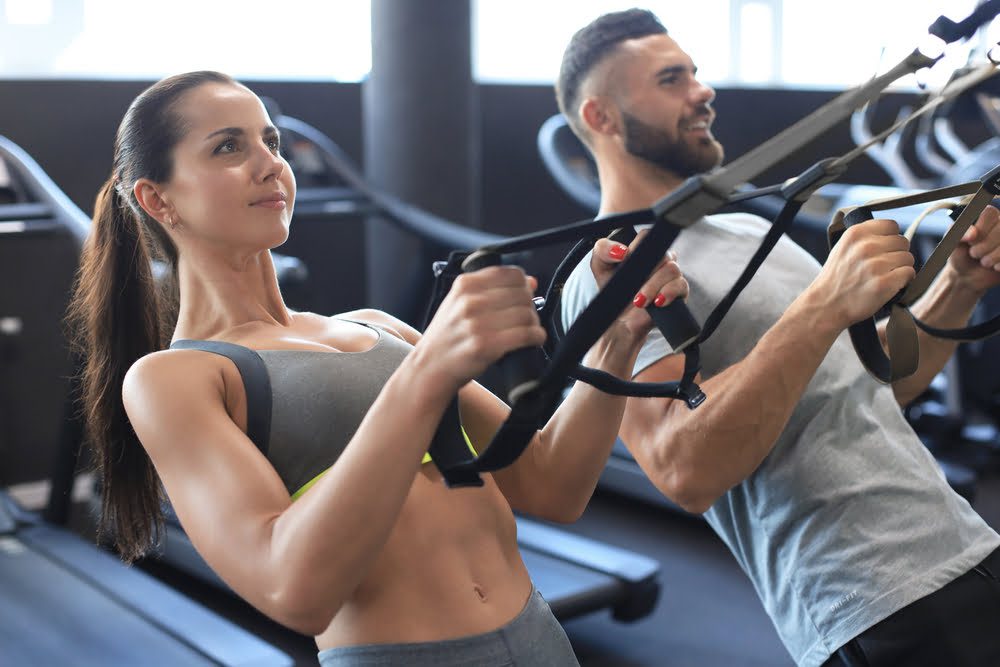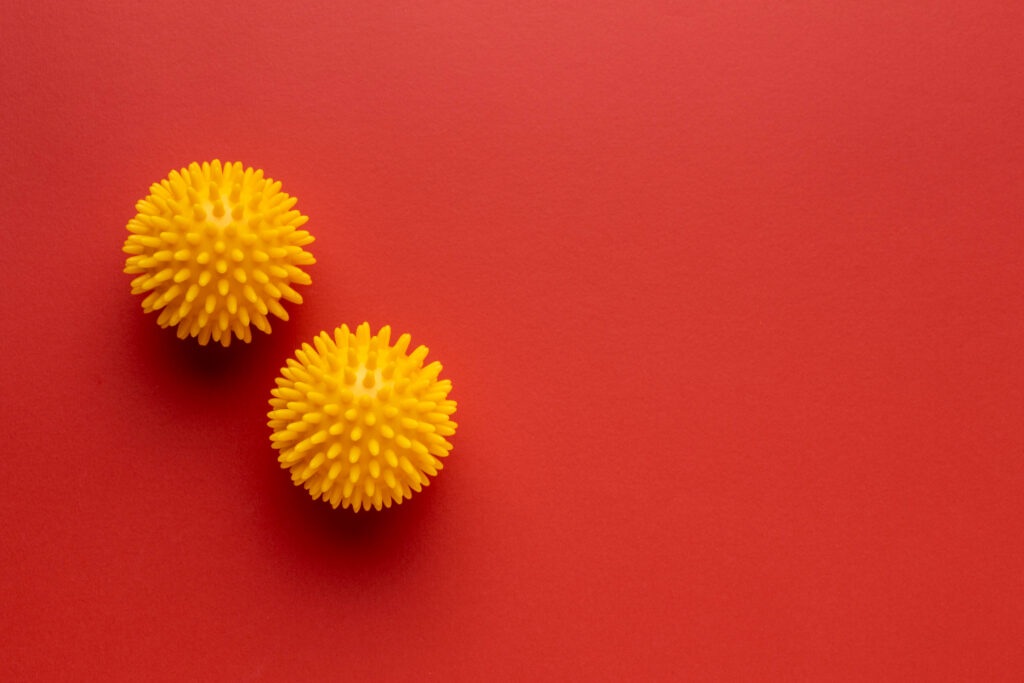Controlled articulated rotations (CARs) are a critical component of modern fitness and rehabilitation programs. These movements are designed to maintain and improve the health of your joints by moving them through their full range of motion. This comprehensive guide explores what CARs are, their benefits, how to perform them, and includes expert insights and scientific evidence.
What are Controlled Articulated Rotations?
Controlled articulated rotations, commonly known as CARs, involve moving a joint through its entire range of motion in a controlled and deliberate manner. Unlike typical stretching exercises, CARs focus on both flexibility and the strength of the joint throughout its range.
Key Features of CARs.
- Control: Every movement is performed slowly and deliberately.
- Range of Motion: Each joint is moved through its full capacity.
- Articulation: Focus is placed on the joint itself, isolating it from surrounding muscles and joints.
The Science Behind CARs.
Research shows that CARs can significantly improve joint health and function. A study published in the Journal of Athletic Training found that incorporating joint-specific mobility exercises, such as CARs, can enhance joint stability and reduce injury risk .
How CARs Work?
- Synovial Fluid Distribution: Moving joints through their full range of motion helps to distribute synovial fluid, which lubricates the joints and reduces friction.
- Neuromuscular Control: CARs enhance the brain’s ability to control the muscles surrounding a joint, improving coordination and stability.
- Tissue Remodeling: Consistent, controlled movement promotes the adaptation and strengthening of connective tissues, enhancing joint resilience.
Benefits of Controlled Articulated Rotations.
CARs offer numerous benefits for athletes, rehabilitation patients, and anyone looking to maintain joint health. Here are some of the primary advantages:
1. Enhanced Mobility.
By regularly moving your joints through their full range of motion, you can maintain and even improve flexibility. This is crucial for athletes and older adults who may be experiencing stiffness.
2. Injury Prevention.
Regular practice of CARs strengthens the tissues around your joints, making them more resilient to injuries. This is particularly important for high-impact sports or activities that involve repetitive motion.
3. Pain Reduction.
For individuals with chronic joint pain, CARs can help reduce discomfort by improving joint function and decreasing stiffness.
4. Better Performance.
Enhanced joint mobility and stability contribute to better overall athletic performance. CARs can help athletes achieve more fluid and efficient movements, which can be a competitive edge.
Expert Insights on CARs.
We spoke with Dr. Emily Collins, a renowned physiotherapist and expert in joint health, to gain deeper insights into the benefits and implementation of CARs.
“Controlled articulated rotations are a game-changer in both athletic performance and rehabilitation. They allow for targeted improvements in joint health, which can translate to better overall movement patterns and reduced injury risk,” says Dr. Collins.
How to Perform Controlled Articulated Rotations?
Performing CARs correctly is crucial to reap their full benefits. Here’s a step-by-step guide to performing some common CARs exercises.
1. Shoulder CARs.
- Stand with Feet Shoulder-Width Apart: Ensure you have enough space to move your arms freely.
- Engage Your Core: Keep your core tight to maintain stability.
- Extend Your Arm Straight Forward: Slowly move your arm up overhead.
- Rotate the Arm: As you reach the top, start to rotate your arm outward, forming a large circle.
- Complete the Circle: Continue the rotation until your arm is back at your side.
- Repeat: Perform 5-10 rotations in each direction.
2. Hip CARs.
- Stand with a Chair or Wall for Support: Use one hand to hold on for balance.
- Lift One Knee Up: Bring your knee up towards your chest.
- Open the Hip: Move your knee outward to the side while keeping the rest of your body stable.
- Rotate the Hip: Slowly rotate your hip backward, bringing your knee down and around.
- Complete the Circle: Return to the starting position.
- Repeat: Perform 5-10 rotations in each direction.
Scientific Evidence Supporting CARs.
Numerous studies support the efficacy of CARs in improving joint health and overall physical performance. Here are a few key findings:
- A study in the Journal of Sports Rehabilitation found that athletes who incorporated CARs into their training routines experienced fewer injuries and improved performance metrics .
- Research published in The Journal of Orthopedic & Sports Physical Therapy highlighted that CARs enhance proprioception, the body’s ability to sense movement, which is crucial for coordination and balance .
- An article in the Journal of Strength and Conditioning Research indicated that CARs help in the recovery of joint function post-injury by promoting blood flow and reducing scar tissue formation .
Frequently Asked Questions.
CARs focus on controlled, active movements rather than passive stretching. This promotes strength and stability throughout the joint’s range of motion.
For optimal results, incorporate CARs into your daily routine. Even a few minutes each day can make a significant difference.
Yes, CARs can be beneficial for individuals with arthritis. They help maintain joint mobility and reduce stiffness, which can alleviate some symptoms of arthritis.
CARs are generally safe for most people. However, if you have a severe joint condition or are recovering from surgery, consult with a healthcare provider before starting any new exercise routine.
Bottom Line.
Controlled articulated rotations are a powerful tool for anyone looking to enhance joint health, improve athletic performance, and prevent injuries. By incorporating these movements into your daily routine, you can enjoy greater mobility, reduced pain, and better overall physical function. Always ensure to perform CARs with proper technique to maximize their benefits.
How we reviewed this article:
Our team of experts is always monitoring the health and wellness field, ensuring that our articles are updated promptly as new information emerges. See Our Editorial Process
May 13, 2025
Written By: Hannah Shine
Reviewed By: Kate Corfield
Written By: Hannah Shine
Reviewed By: Kate Corfield

 Workout
Workout
 Meditation
Meditation





 Contact Us
Contact Us



